Product Name: Aluminum Forging
Product Type: Metal Forging
Material: Aluminum
Shape: Customized
Surface Treatment: Anodizing, Powder Coating, Spray Painting, Polishing
Production Process: Die Casting, Press Forging
Advantages:
1. High strength-to-weight ratio
2. Superior mechanical properties
3. Enhanced resistance to fatigue and wear
4. Tight dimensional tolerances
5. Cost-effective production
| Color | Silver |
|---|---|
| Material | Aluminum |
| MOQ | 1 Pcs |
| Sample | Available |
| Place of Origin | China |
Product Details
MINGYU Tech is a leading manufacturer of aluminum rolled ring forgings for the transportation industry. Our state-of-the-art facilities and advanced forging technology enable us to produce lightweight and durable forgings for a variety of transportation applications, including automotive, rail and marine. We have a team of highly skilled engineers and technicians who work closely with our customers to develop custom solutions that meet their exact specifications. We are committed to providing the highest quality products and excellent customer service.
The first step in the aluminum rolled ring forgings process is to select the appropriate grade of aluminum for the desired product. Different aluminum alloys have varying chemical compositions and properties, making them suitable for different applications. Once the aluminum has been chosen, it is heated in a furnace to a temperature between 700-800 degrees Fahrenheit. This temperature is critical, as it allows the aluminum to become malleable without melting.
Next, the heated aluminum is placed into a forging machine, where it is subjected to intense pressure. This pressure changes the shape of the aluminum, creating the desired product. The process is repeated multiple times, with the aluminum being reheated and re-forged until it reaches its final shape and size. This method of shaping allows for precise control over the dimensions and specifications of the product.
aluminum rolled ring forgingss are known for their high strength-to-weight ratio, making them ideal for applications in the aerospace, automotive, and defense industries. They are also highly resistant to corrosion and have excellent thermal and electrical conductivity, making them suitable for use in electrical components. The precision and durability of aluminum rolled ring forgingss make them a popular choice for critical components such as aircraft parts, automobile engine components, and industrial machinery.
| Place of Origin | China |
| Material | Metal Aluminium Steel Copper Brass |
| Process | Forging+machining+HT+finish Machining |
| Surface treatment | Polishing |
| Application | Machinery Parts |
| Product name | aluminum rolled ring forgings |
| Certificate | TS16949/ISO9001 |
| Color | Customized Color |
| Quality Control | 100% Inspection |
| Lead Time | 20-33 Days |
| MOQ | 1 Piece |
| Supply Ability | 219958 Piece/Pieces per Month |
| Quantity (pieces) | > 408 |
| Lead time (days) | To be negotiated |
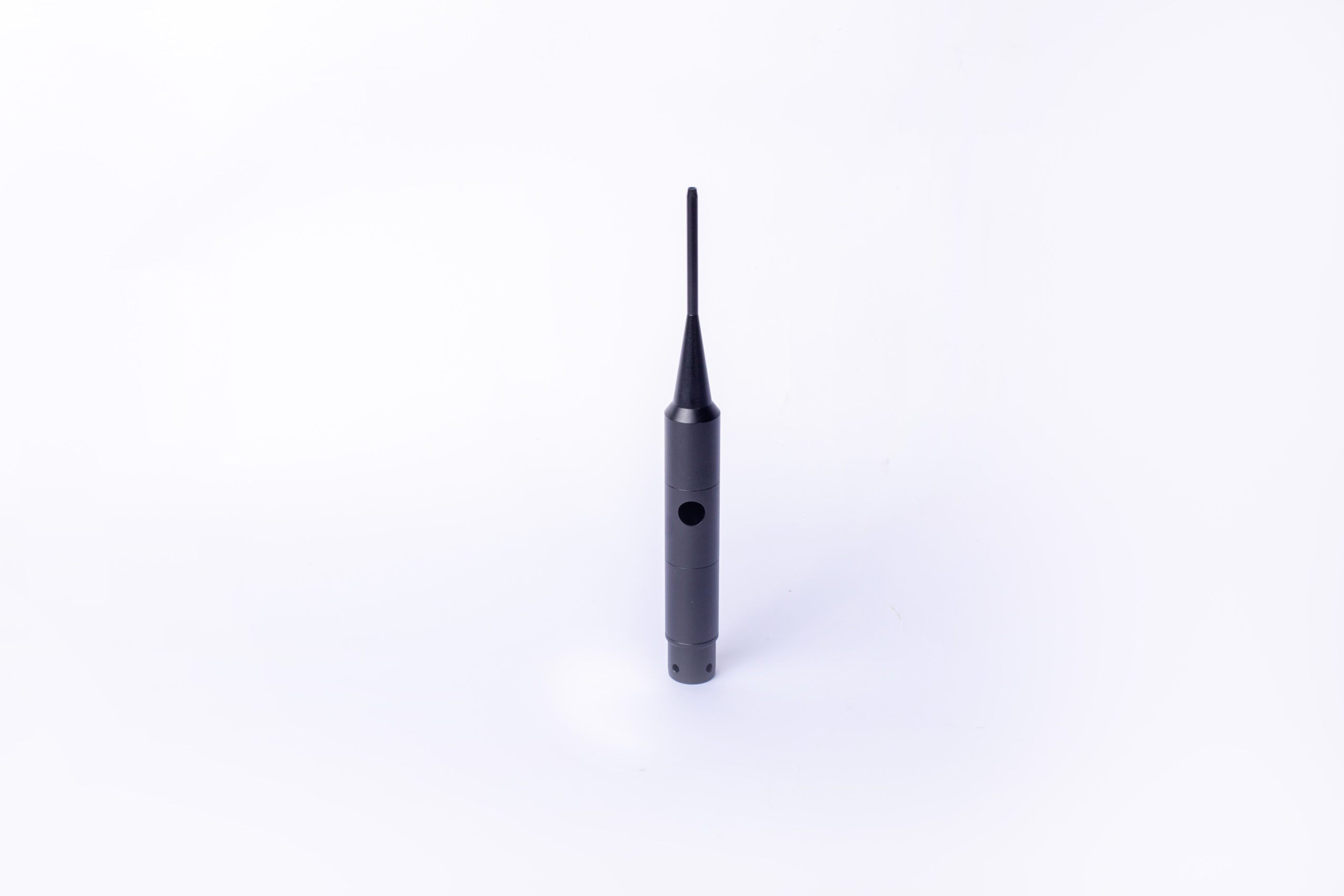
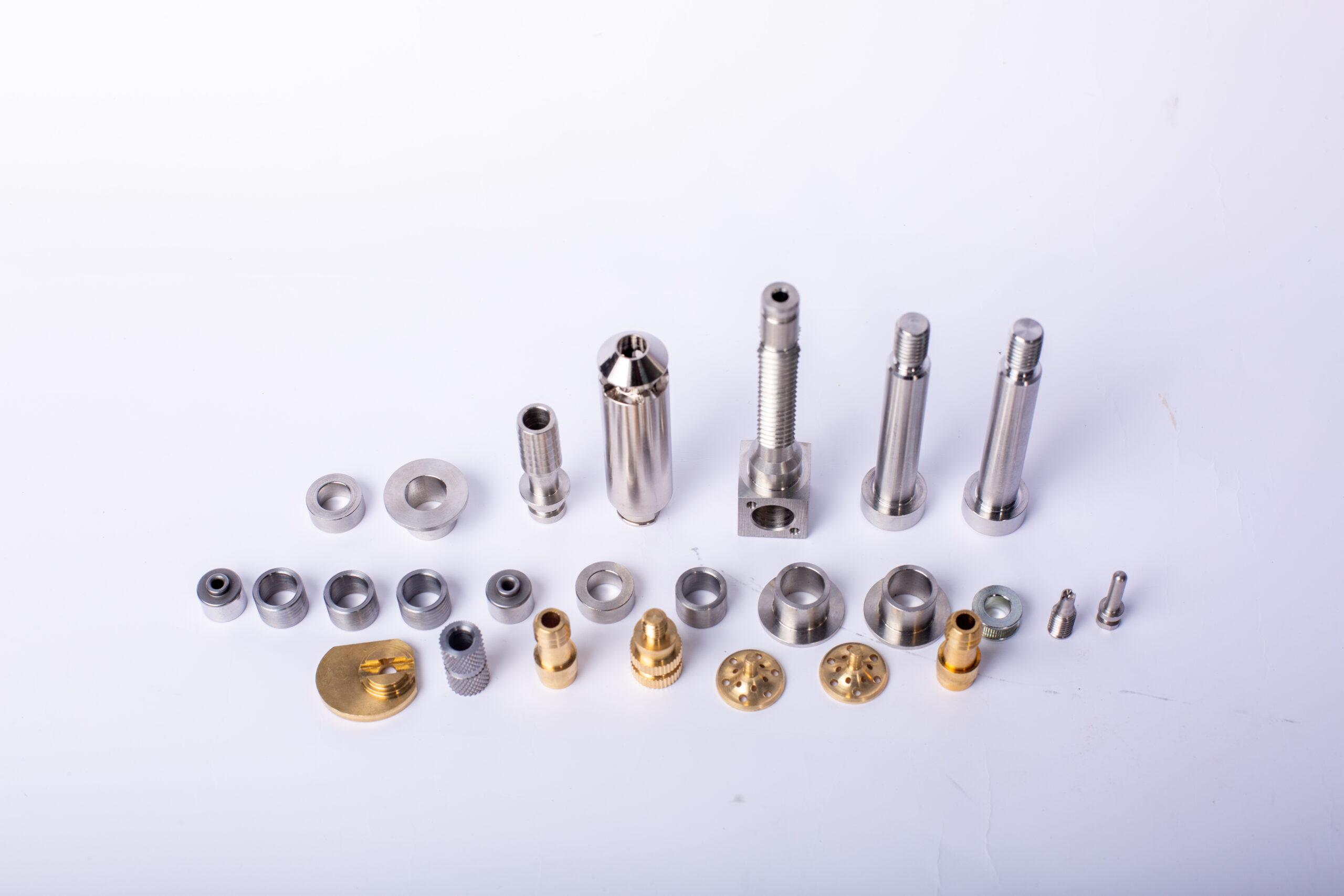
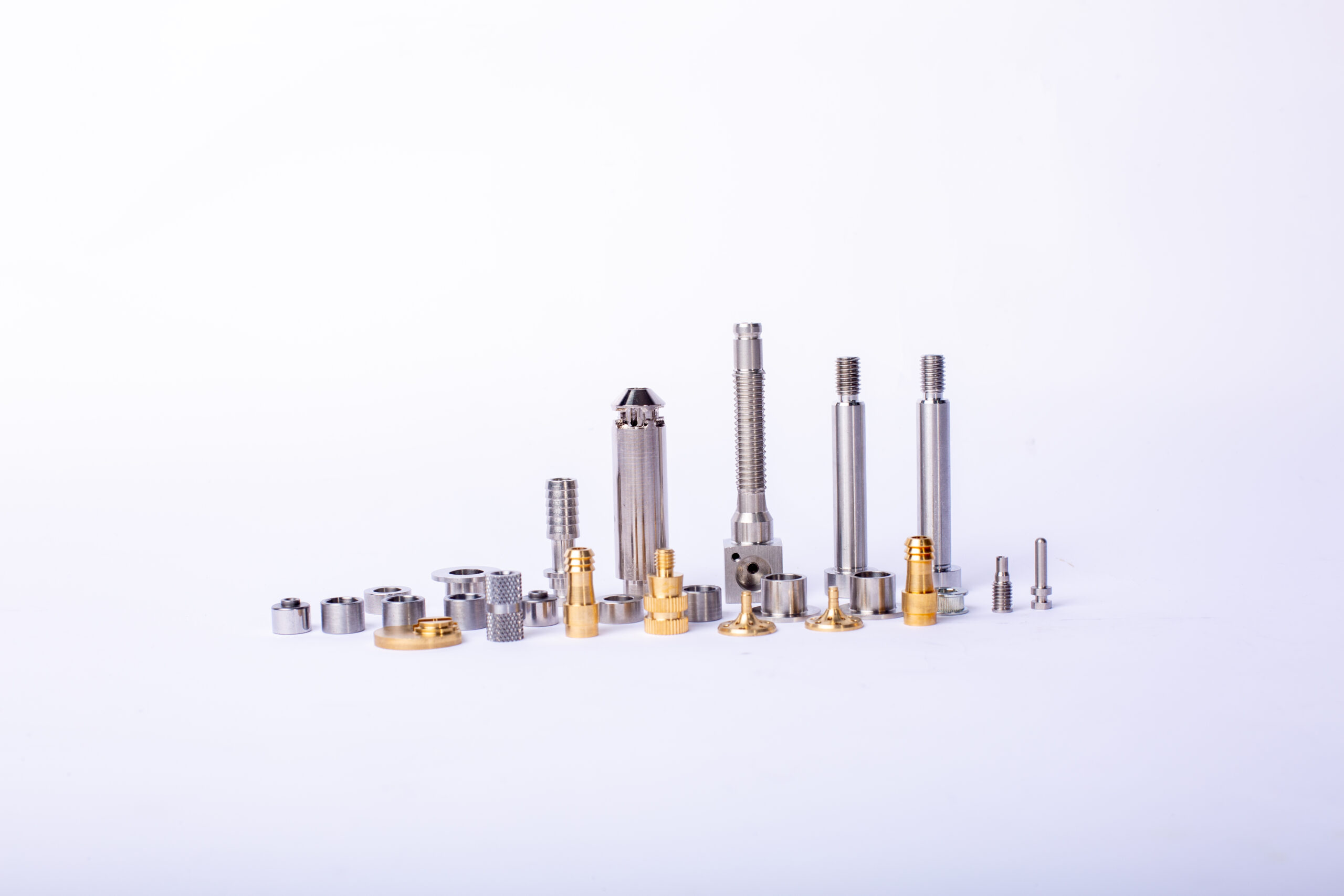
aluminum rolled ring forgings FAQs Guide.
Our company is dedicated to providing high-quality aluminum rolled ring forgings products to meet the needs of various industries. With advanced technology and skilled craftsmanship, we have become a leading manufacturer in the field of aluminum rolled ring forgings. Our products are widely used in aerospace, automotive, and construction industries, just to name a few. We take great pride in our products as they are not only durable and reliable, but also lightweight and eco-friendly. Through this introduction, we hope to showcase the versatility and excellence of our aluminum rolled ring forgings products. Thank you for choosing us as your trusted provider of top-notch aluminum rolled ring forgings products.
1.About aluminum rolled ring forgings payment method
Aluminum forging payment methods vary depending on the supplier. Common payment methods include cash, check, wire transfer, credit card, and PayPal. Some suppliers may also accept payment through financing options such as leasing or installment plans. It is important to discuss payment terms with the supplier prior to placing an order.
2.Can aluminum rolled ring forgingss be joined with other materials?
Yes, aluminum forgings can be joined with other materials using various methods such as welding, brazing, riveting, and adhesive bonding.
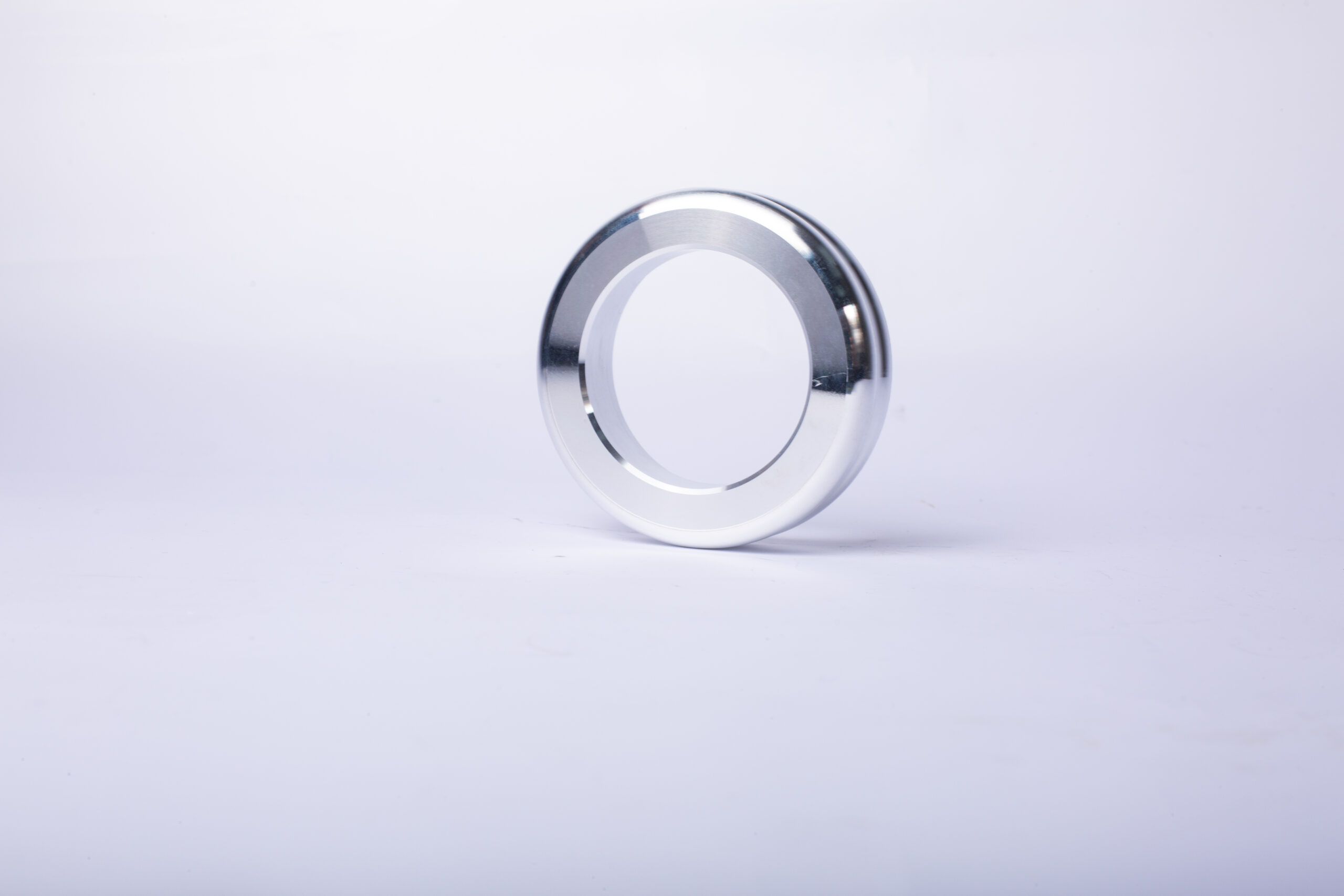
3.What techniques are used in aluminum rolled ring forgings?
We actively participate in the aluminum rolled ring forgings industry associations and organization activities. The corporate social responsibility performed well, and the focus of brand building and promotion
1. Closed Die Forging: This is a process in which a pre-shaped die is used to shape the aluminum into the desired shape.
2. Open Die Forging: This is a process in which the aluminum is placed between two dies and then hammered or pressed into the desired shape.
3. Roll Forging: This is a process in which the aluminum is rolled between two dies to form the desired shape.
4. Hammer Forging: This is a process in which the aluminum is placed between two dies and then hammered into the desired shape.
5. Extrusion Forging: This is a process in which the aluminum is forced through a die to form the desired shape.
6. Upset Forging: This is a process in which the aluminum is placed between two dies and then hammered or pressed into the desired shape.
4.What are the quality control measures taken during aluminum rolled ring forgings?
I have a comprehensive after -sales service system, which can pay attention to market trends in time and adjust our strategy in a timely manner.
1. Visual Inspection: Visual inspection is one of the most important quality control measures taken during aluminum forging. This involves inspecting the forged parts for any visible defects such as cracks, porosity, or other surface imperfections.
2. Dimensional Inspection: Dimensional inspection is another important quality control measure taken during aluminum forging. This involves measuring the dimensions of the forged parts to ensure that they meet the required specifications.
3. Chemical Analysis: Chemical analysis is also an important quality control measure taken during aluminum forging. This involves testing the chemical composition of the forged parts to ensure that they meet the required specifications.
4. Non-Destructive Testing: Non-destructive testing is also an important quality control measure taken during aluminum forging. This involves testing the forged parts for any internal defects such as cracks, porosity, or other internal imperfections.
5. Stress Testing: Stress testing is also an important quality control measure taken during aluminum forging. This involves testing the forged parts for any stress-related defects such as cracks, porosity, or other stress-related imperfections.
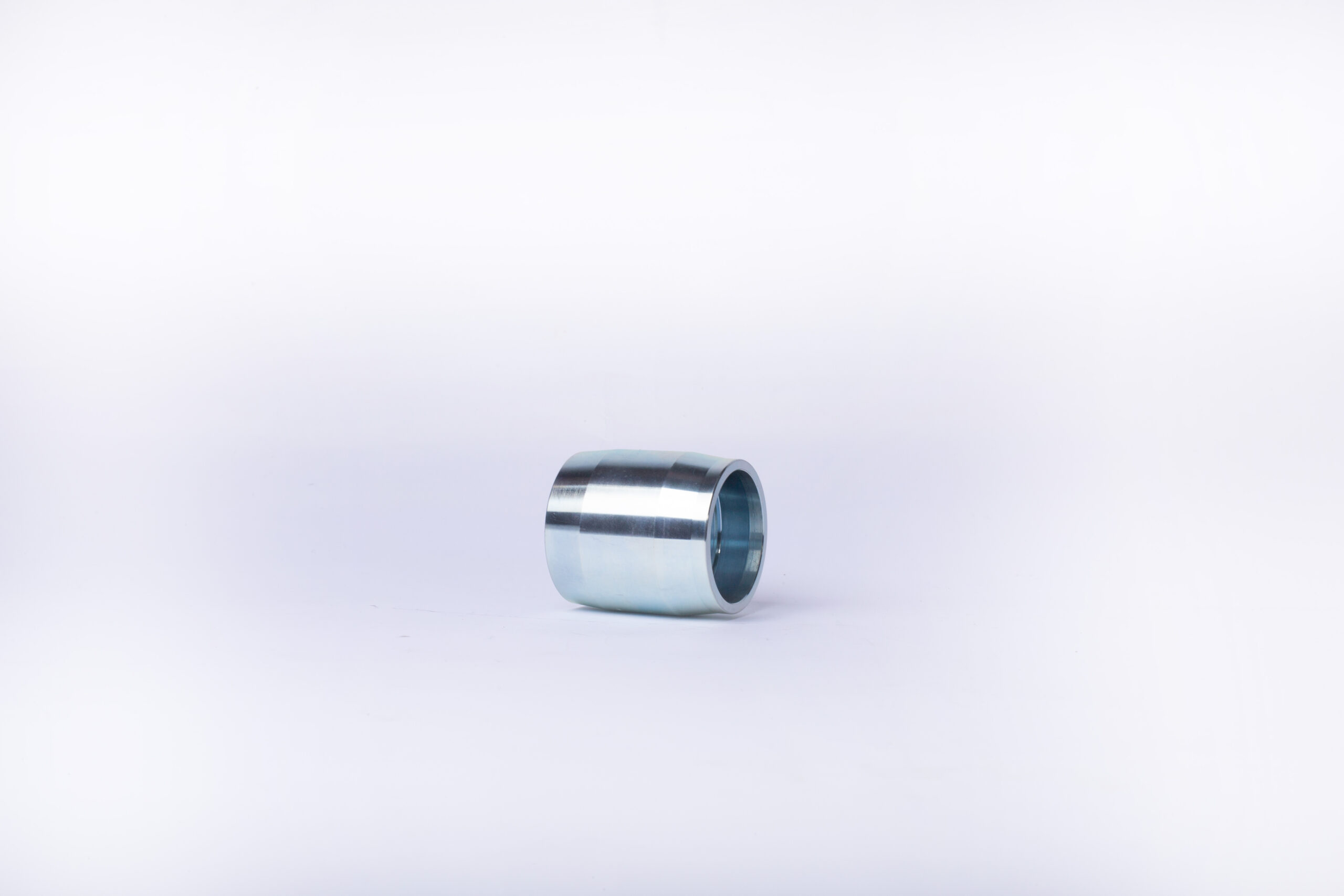
5.About aluminum rolled ring forgings technology
Aluminum forging is a metalworking process in which metal is heated and then shaped into a desired shape by applying pressure. It is a process that is used to create parts with improved strength and durability. Aluminum forging is used in a variety of industries, including aerospace, automotive, and medical. The process is used to create parts with complex shapes and tight tolerances. Aluminum forging is a cost-effective way to produce parts with superior strength and durability. The process is also used to create parts with improved fatigue resistance and corrosion resistance.
6.Are there any defects that can occur during aluminum rolled ring forgings?
We pay attention to employee development and benefits, and provide a good working environment in order to improve the efficiency of employees and improve the quality management of aluminum rolled ring forgings products.
Yes, there are several defects that can occur during aluminum forging, including porosity, cracking, tearing, and surface defects. Porosity is caused by gas pockets that form during the forging process, while cracking and tearing can occur due to excessive strain on the material. Surface defects can be caused by improper tooling or inadequate lubrication.
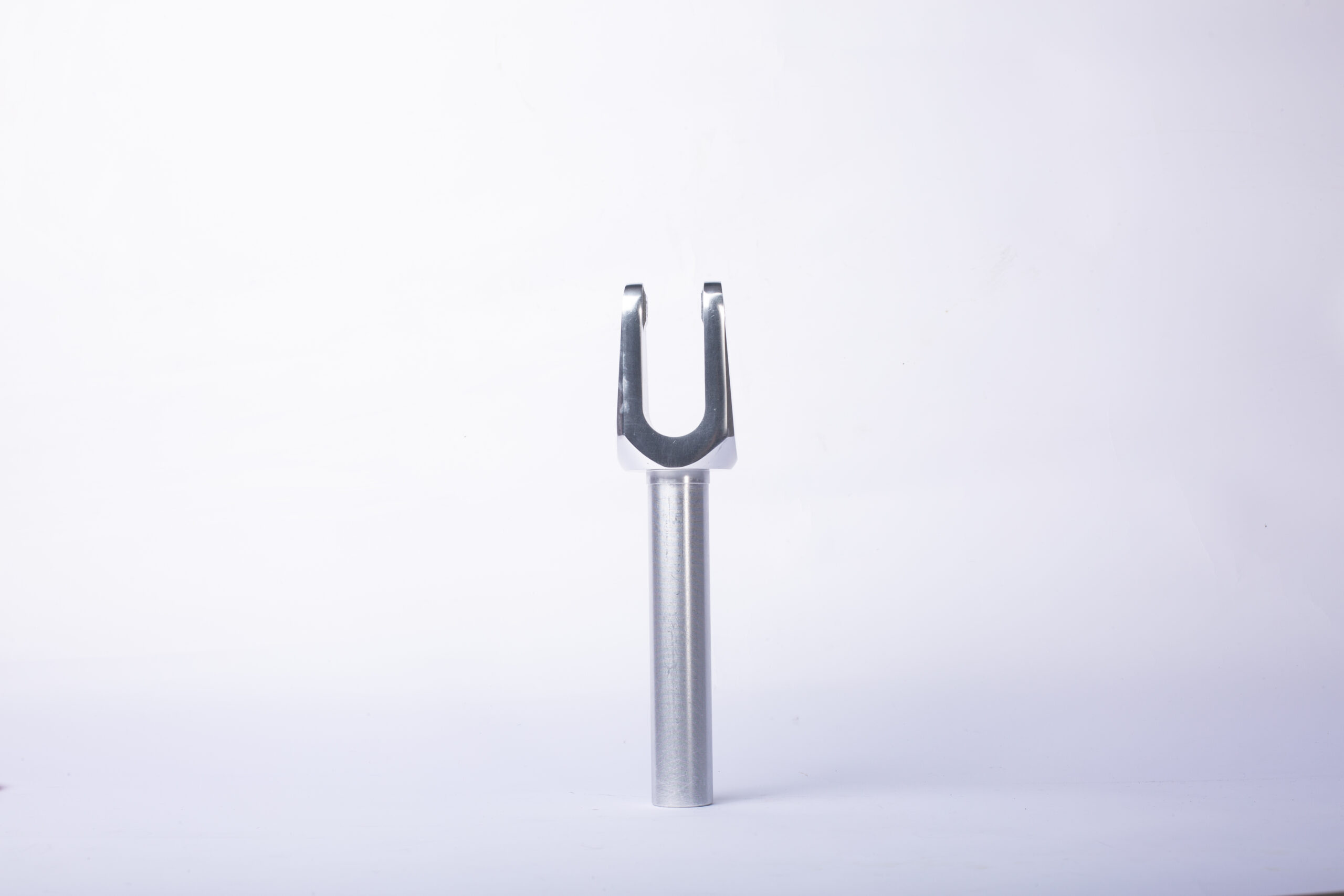
7.Can exotic alloys be used in aluminum rolled ring forgingss?
Yes, exotic alloys can be used in aluminum forgings. Exotic alloys are typically used in aluminum forgings to increase strength, corrosion resistance, and other properties. Common exotic alloys used in aluminum forgings include titanium, magnesium, and copper alloys.
8.About aluminum rolled ring forgings MOQ
The minimum order quantity (MOQ) for aluminum forging depends on the size and complexity of the part being forged. Generally, the MOQ for aluminum forging is between 500 and 1000 pieces. However, some aluminum forging companies may be willing to accept orders for smaller quantities.

9.How does heat treatment affect the strength and durability of aluminum rolled ring forgingss?
We maintain a certain amount of R&D investment every year and continuously improve operational efficiency to provide better services to our cooperative customers.
Heat treatment can significantly improve the strength and durability of aluminum forgings. Heat treatment can increase the strength of aluminum by increasing the hardness of the material, which can help to reduce wear and tear. Heat treatment can also improve the fatigue strength of aluminum, which can help to increase the life of the part. Heat treatment can also improve the corrosion resistance of aluminum, which can help to increase the durability of the part.
10.What safety measures should be taken during the handling and transportation of hot aluminum rolled ring forgingss?
Our mission is to provide customers with the best solutions for aluminum rolled ring forgings.
1. Wear protective clothing, such as heat-resistant gloves, long-sleeved shirts, and safety glasses.
2. Use appropriate lifting equipment, such as slings, chains, and hooks, to move the hot aluminum forgings.
3. Secure the hot aluminum forgings with straps or chains to prevent them from shifting during transportation.
4. Ensure that the hot aluminum forgings are properly insulated to prevent heat loss.
5. Monitor the temperature of the hot aluminum forgings during transportation to ensure that they do not exceed the maximum temperature limit.
6. Use a fire extinguisher in case of an emergency.
7. Ensure that the hot aluminum forgings are transported in a well-ventilated area.
8. Avoid contact with combustible materials while handling and transporting the hot aluminum forgings.
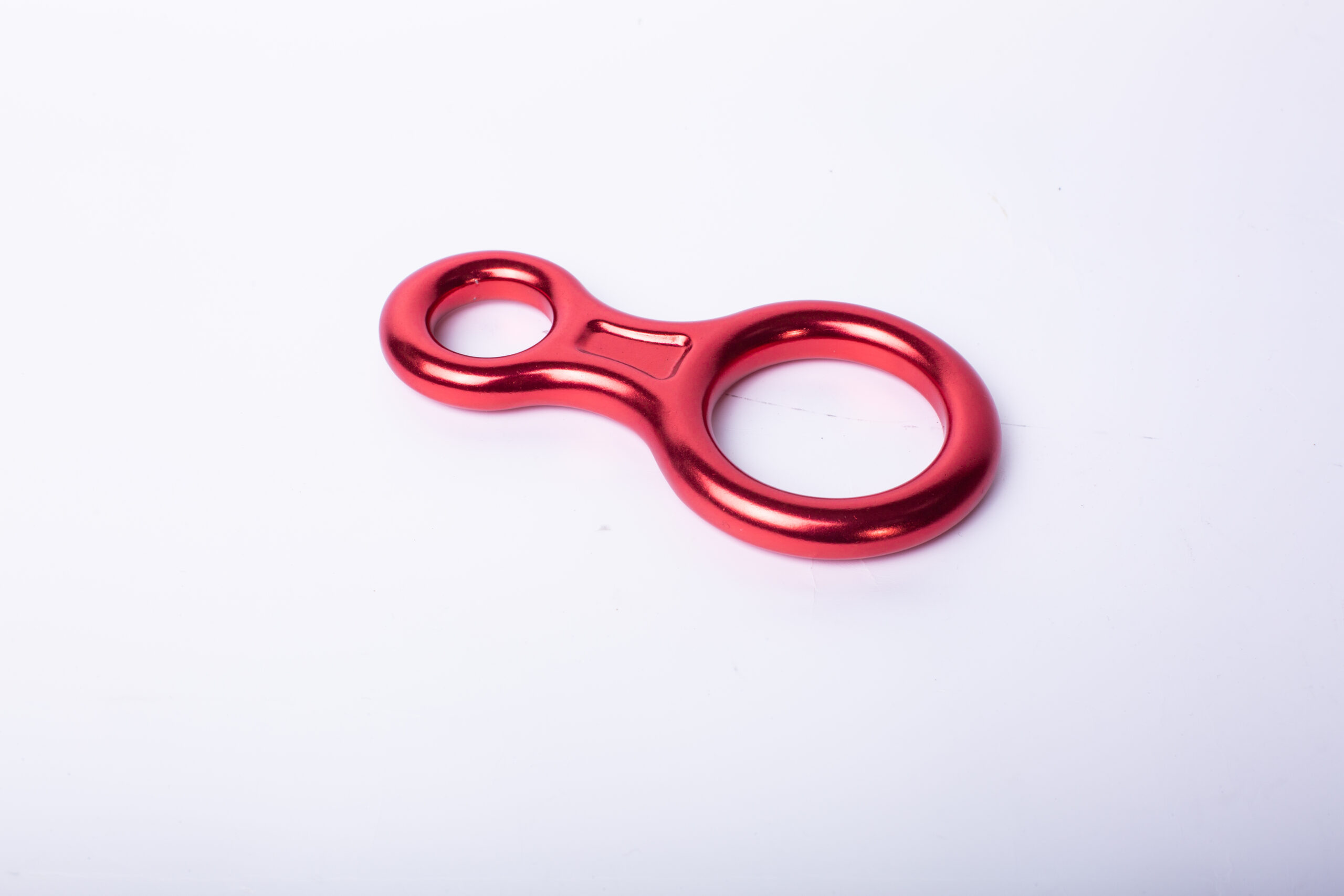
11.Are there any surface finishing options for aluminum rolled ring forgingss?
We should perform well in market competition, and the prices of aluminum rolled ring forgings products have a great competitive advantage.
Yes, there are several surface finishing options for aluminum forgings, including anodizing, powder coating, painting, and polishing.
12.How are tolerances achieved during the aluminum rolled ring forgings process?
aluminum rolled ring forgings is not a product only, but also can help you comes to money-making.
Tolerances are achieved during the aluminum forging process by controlling the temperature of the aluminum, controlling the speed of the forging press, and controlling the amount of force applied to the aluminum. Additionally, the die used in the forging process must be designed to the desired tolerance specifications. Finally, the aluminum must be inspected and tested to ensure that it meets the desired tolerance requirements.

13.How do environmental factors, such as temperature and humidity, affect the aluminum rolled ring forgings process?
We focus on teamwork and communication to achieve common goals, We attach great importance to this detail.
Temperature and humidity can have a significant impact on the aluminum forging process. High temperatures can cause the aluminum to become too soft and malleable, making it difficult to form into the desired shape. Low temperatures can cause the aluminum to become too brittle and crack during the forging process. High humidity can cause the aluminum to become sticky and difficult to work with, while low humidity can cause the aluminum to become too dry and brittle. Additionally, high temperatures and humidity can cause the aluminum to corrode more quickly, leading to a shorter lifespan for the forged product.
14.What are the key differences between open die and closed die aluminum rolled ring forgings?
We continuously upgrade our skills and knowledge to adapt to changing aluminum rolled ring forgings market needs.
Open die forging is a process in which a hammer or press is used to shape a piece of metal between two flat dies without completely enclosing it. This process is used to create large, custom-shaped parts. Closed die forging is a process in which a hammer or press is used to shape a piece of metal between two dies that completely enclose the metal. This process is used to create smaller, more precise parts with tighter tolerances.
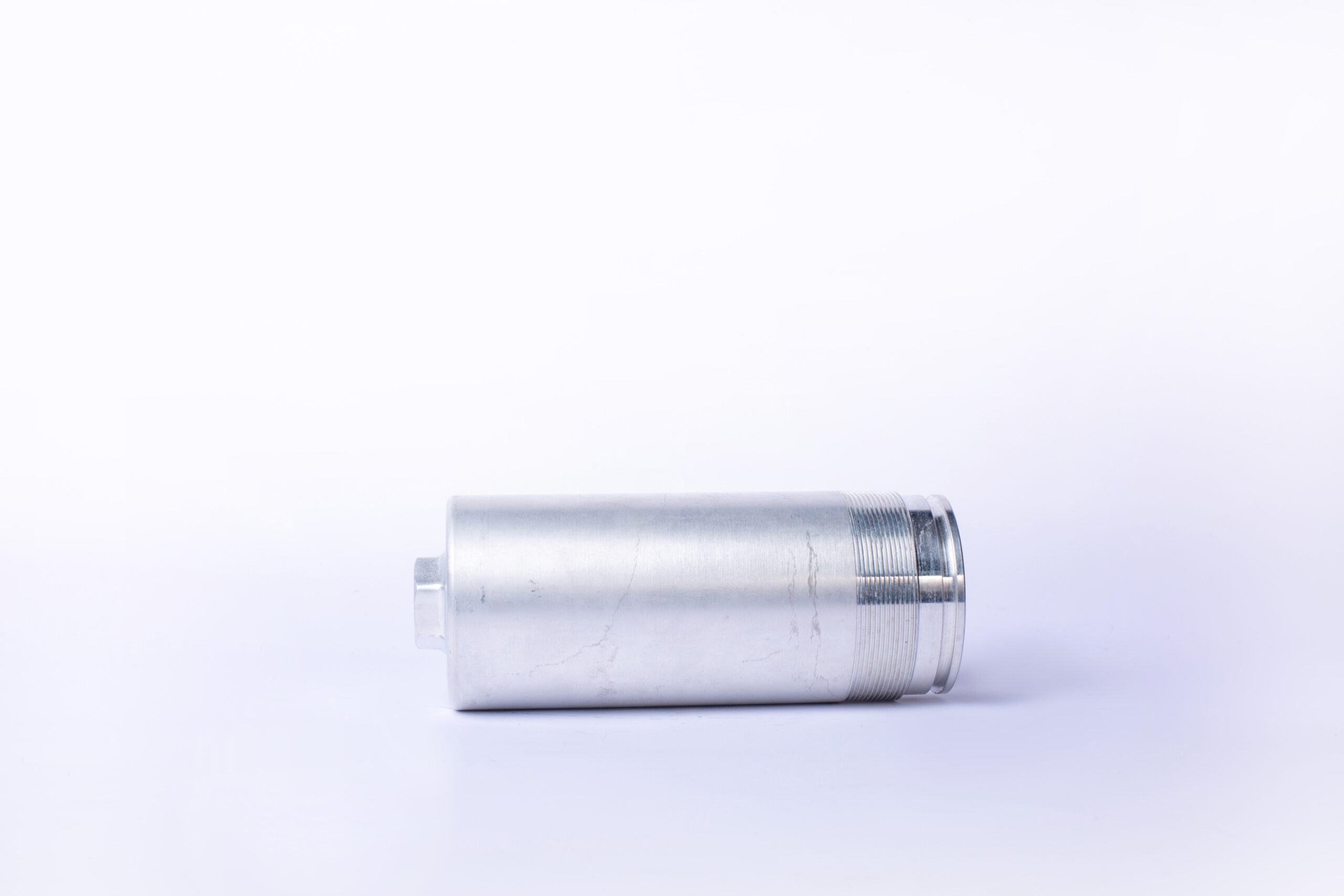
Tag:aluminum 7075 t6 forging,aluminum forged parts,world hand forged aluminum bowl,cold forging aluminum heat sink
Product Inquiry
We will respond within 12 hours, please pay attention to the email “@163.com” or “@alumforge.com”.
Also, you can go to the Contact Page, which provides a more detailed form, if you have more inquiries for products or would like to obtain OEM service.
Our sales experts will respond within 24 hours, please pay attention to the email with the suffix “@163.com”.